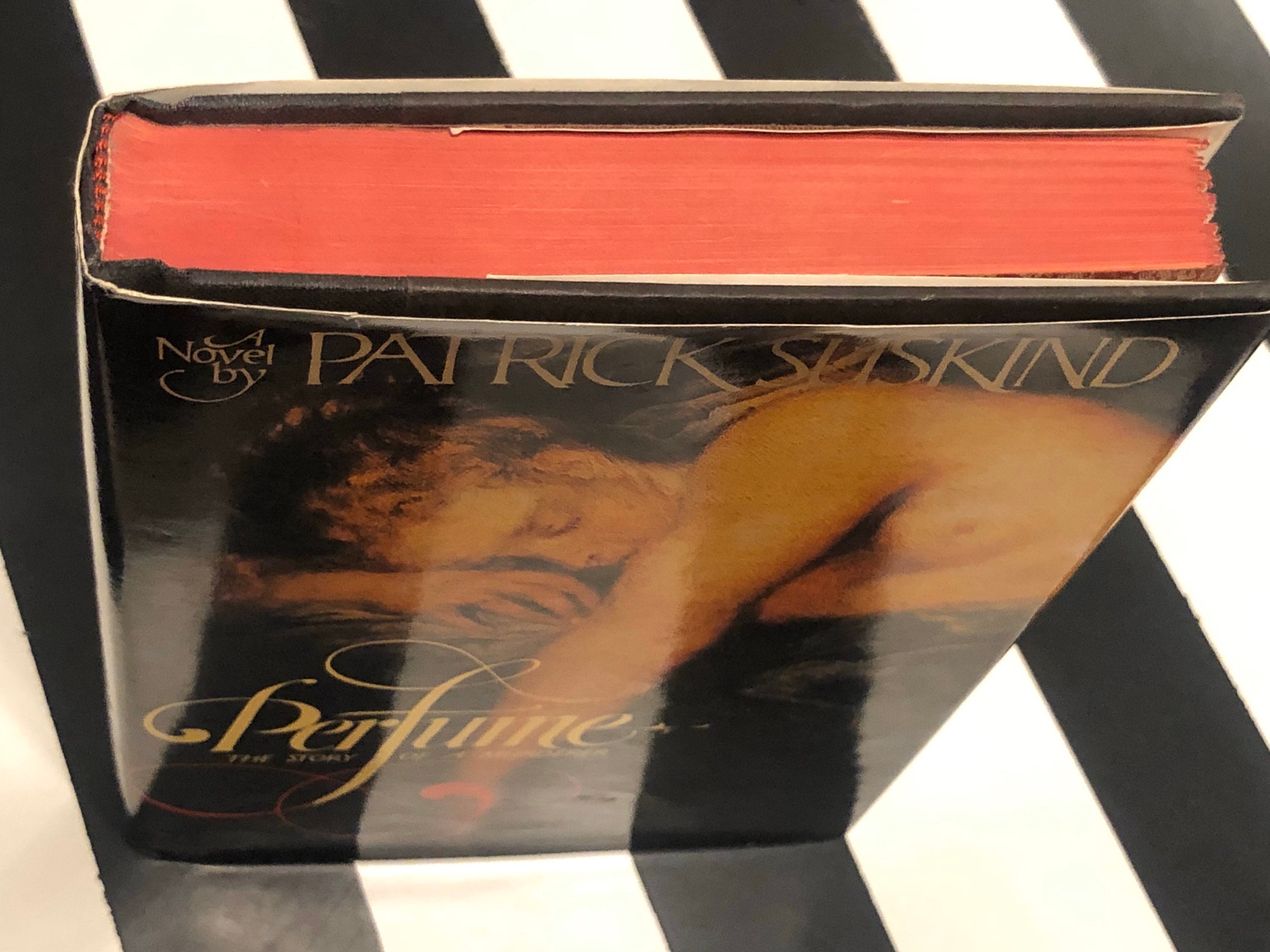
So it goes in movie-land, but it’s one thing to make an intellectual novel cinematic and another entirely to play dumb. The monster of the book, a freak of nature and nurture whose singular biological quirk makes him a pariah, becomes a handsome cipher in the film teased for his obsession with the olfactory world but not universally despised for lacking what could be interpreted as a soul. But in rebuilding the protagonist to make him more sympathetic to movie audiences, he and Birkin underplay the very elements that gave him tragic dimension. In the city market, the camera becomes a truffle pig, isolating odors and frantically rooting them out with its snout, vividly bringing to life the foulest, most fulsomely stinky place you’ve ever seen. Tykwer captures Suskind’s vividly rendered 16th century gutter Paris exhilaratingly well. “Perfume: The Story of a Murderer” went to director Tom Tykwer (“Run Lola Run”) and screenwriter Andrew Birkin (“The Cement Garden”), who have faithfully adapted the plot but willfully missed the point of the story.

Besotted directors from Stanley Kubrick to Tim Burton flocked to it, Kurt Cobain wrote a song about it, and producer Bernd Eichinger, a friend of the novelist, tried so doggedly for so long to purchase the film rights that Suskind, who was adamant his book not be turned into a film, wrote a play about it.Įventually, Suskind relented and Eichinger succeeded.

It was translated in 45 languages and sold 15 million copies worldwide. In part a parable about the mysteries of human affection, “Perfume” turned out to be wildly pheromonal itself. The boy grows up to be the most gifted perfumer who ever lived, and a serial murderer.
.jpg)
Published in 1985, Patrick Suskind’s novel “Perfume: The Story of a Murderer” was the unaccountably compelling story of a boy born into the smelliest time and place in history (Paris, 1783, naturellement) with a superhuman olfactory sense but no personal scent.


 0 kommentar(er)
0 kommentar(er)
